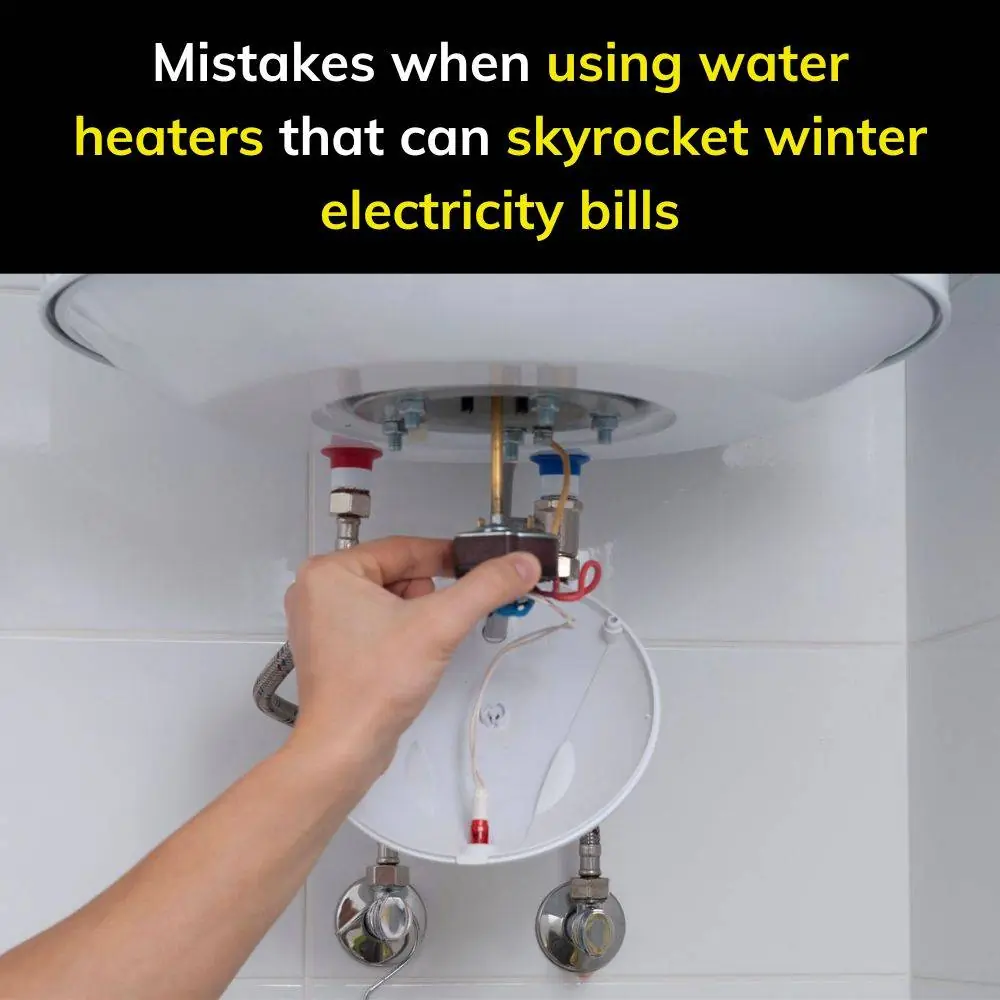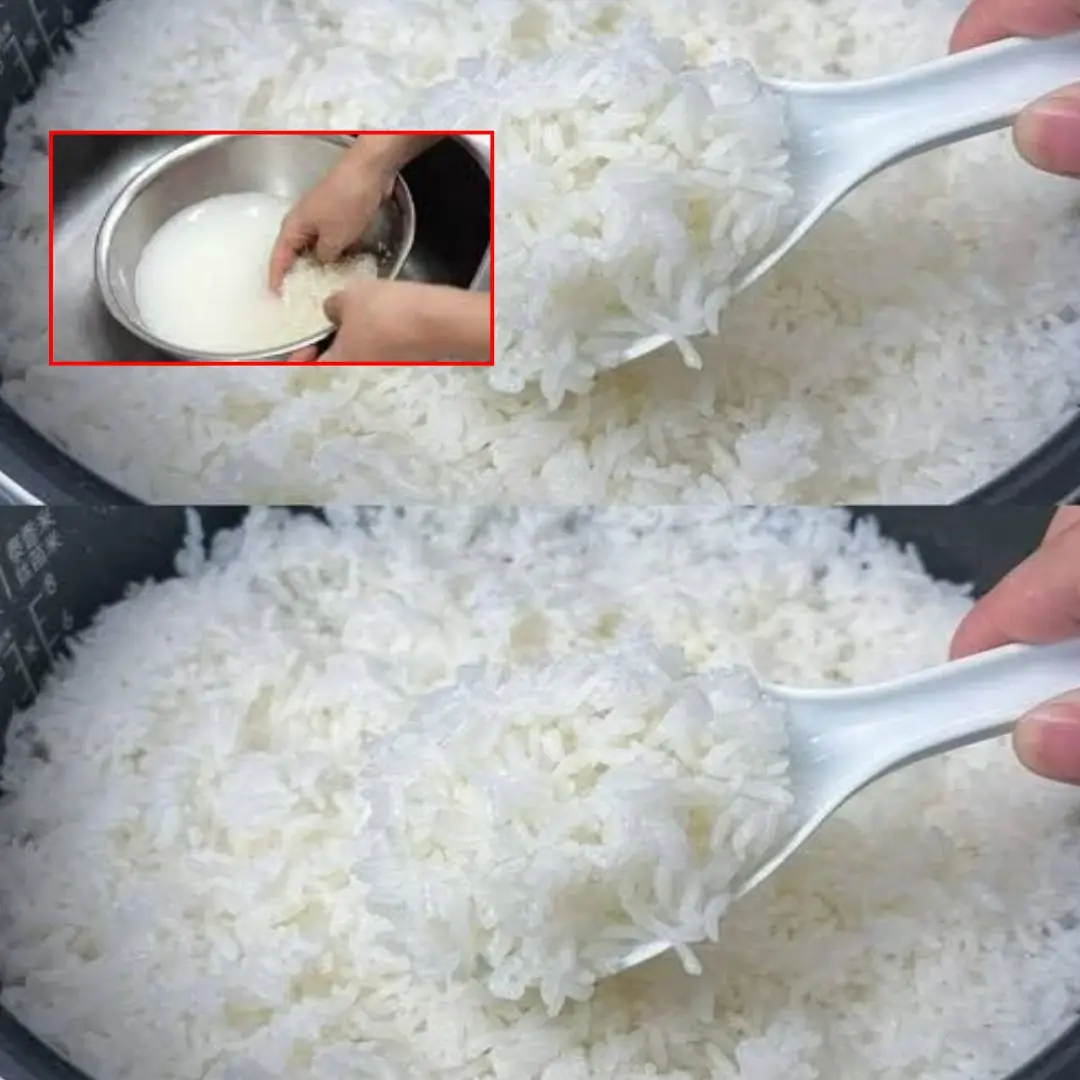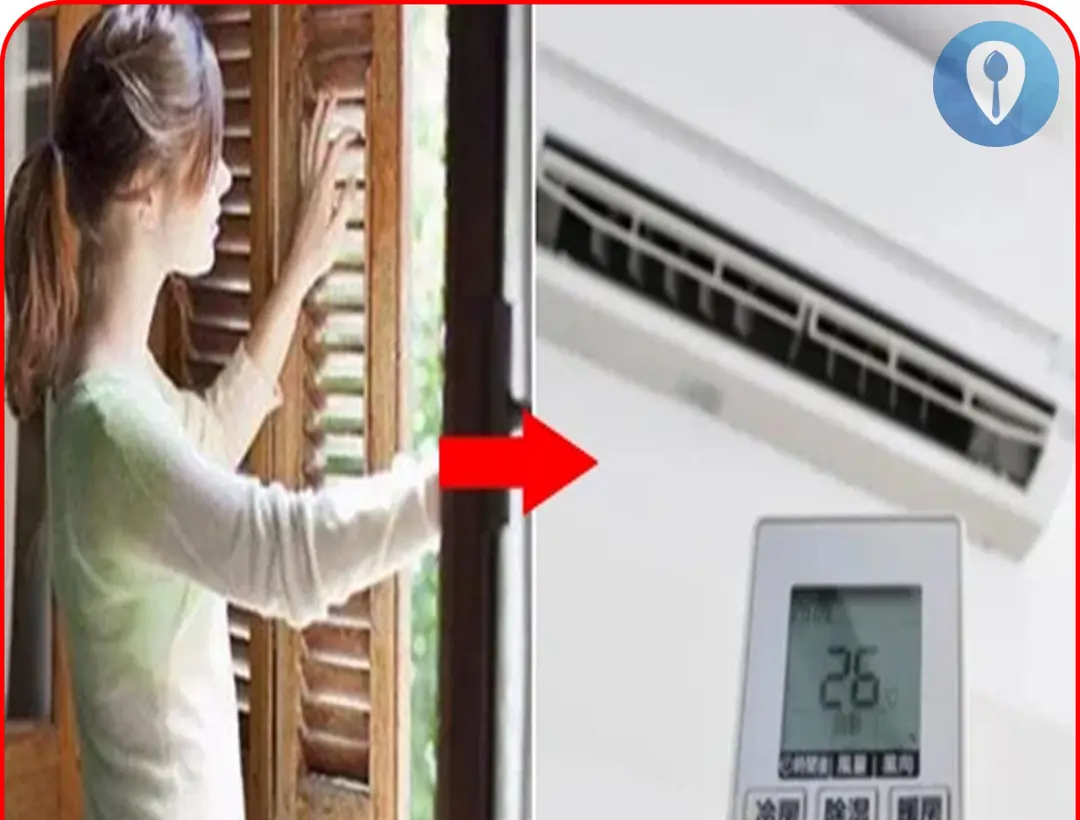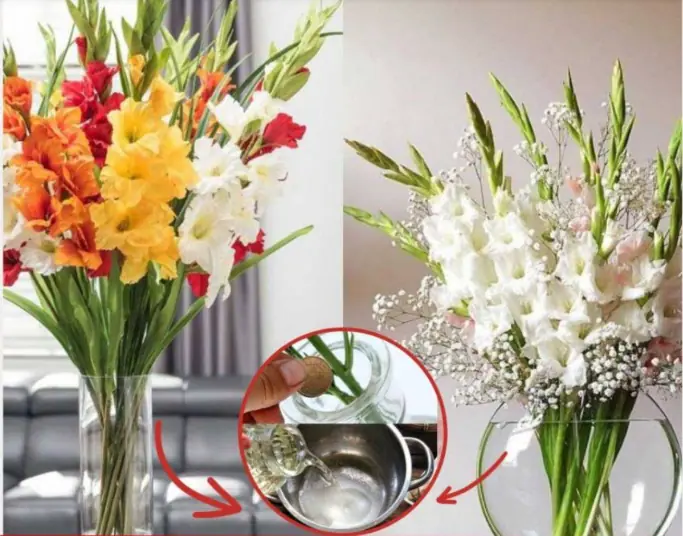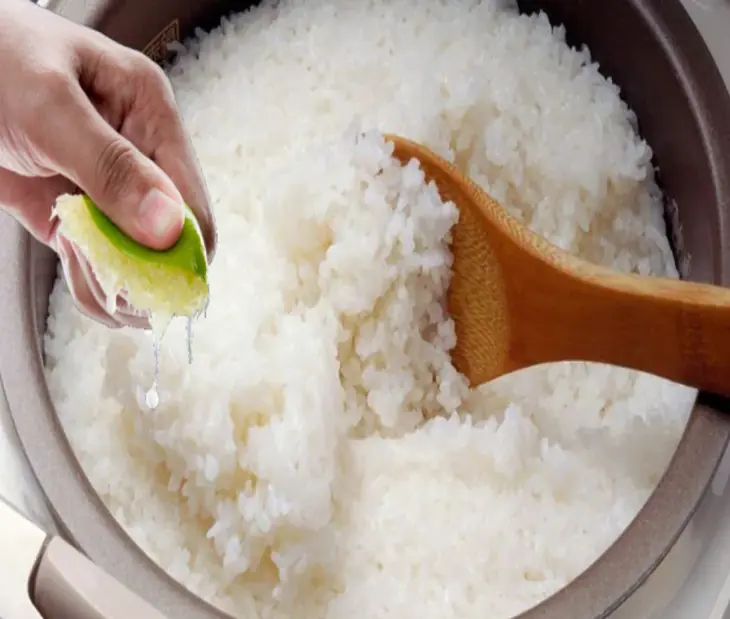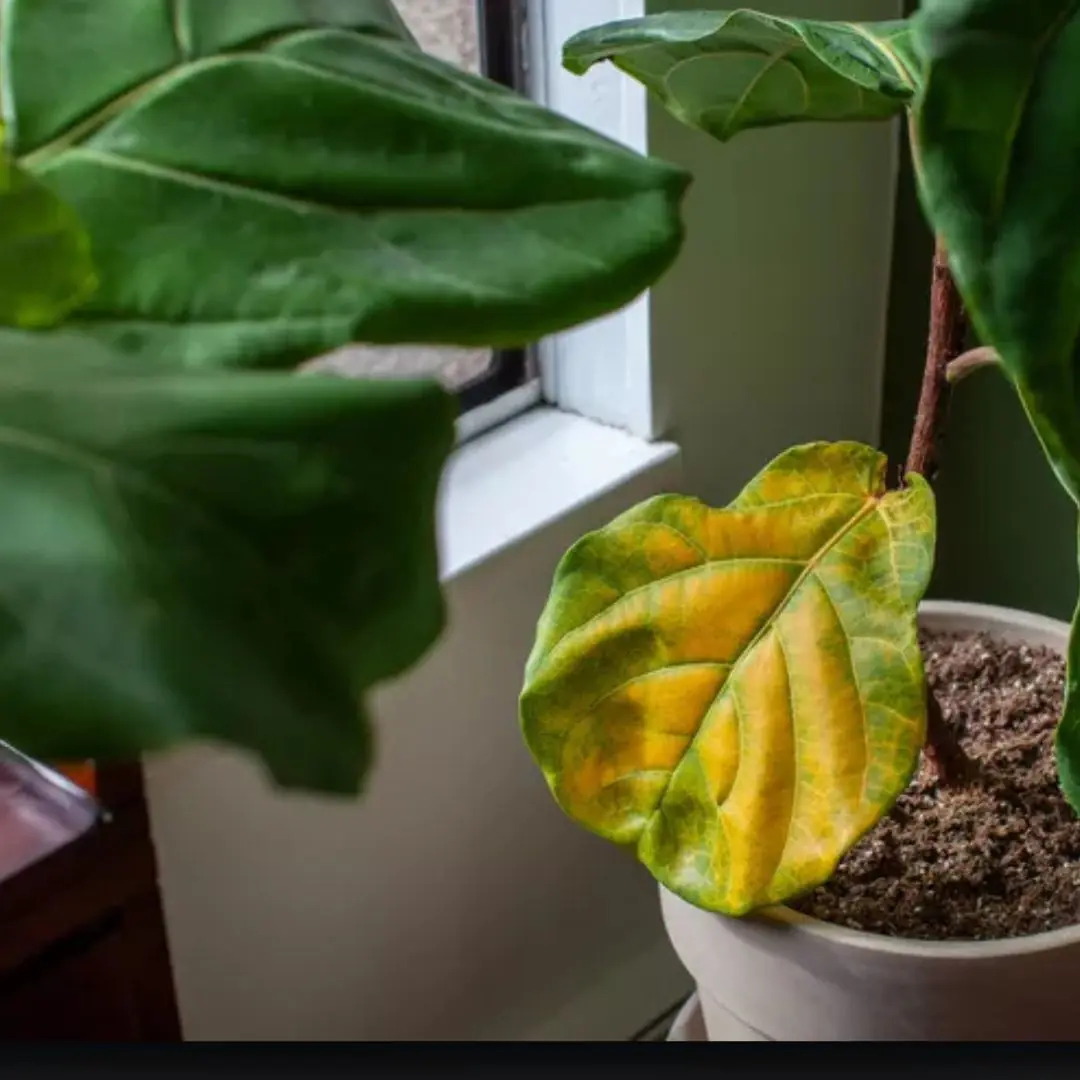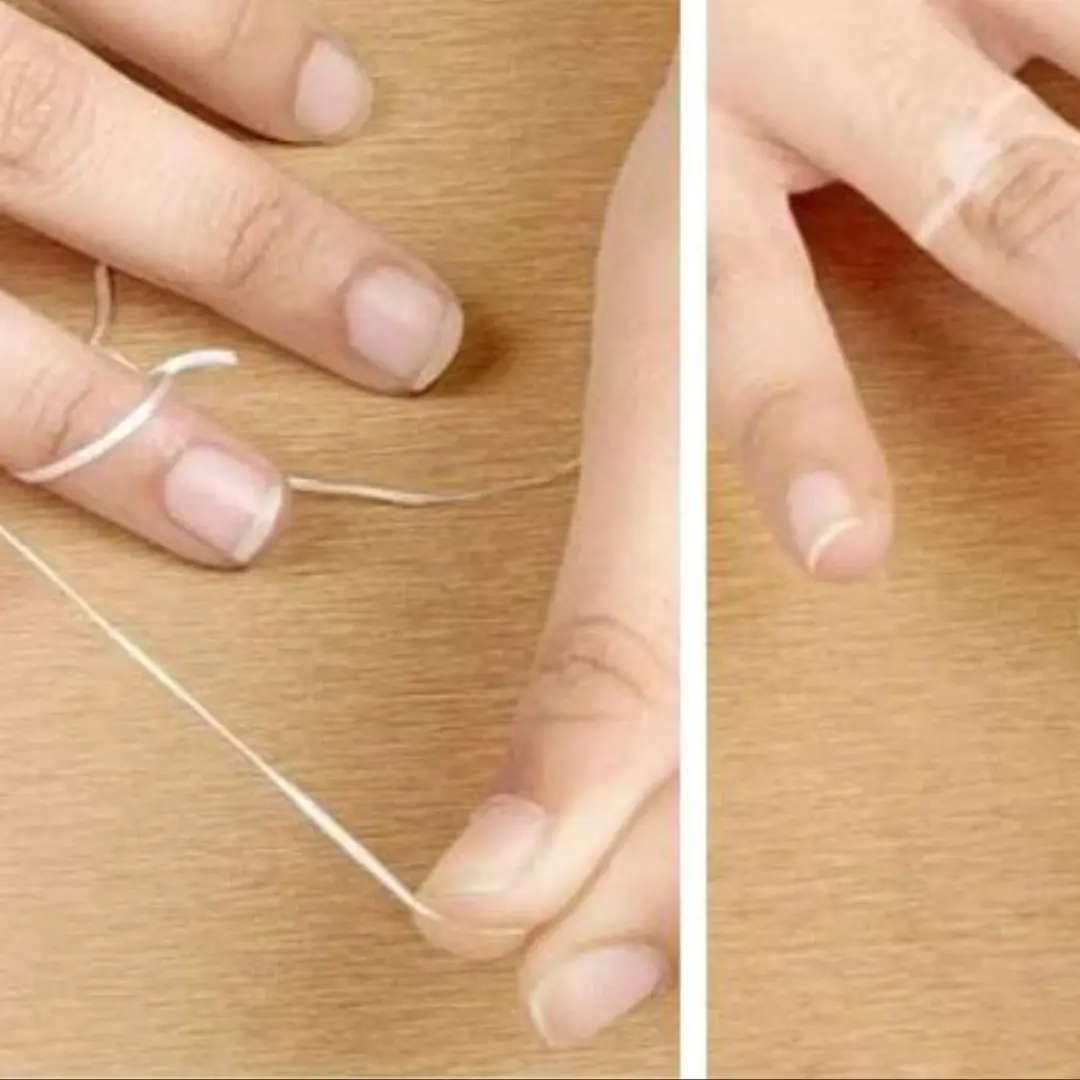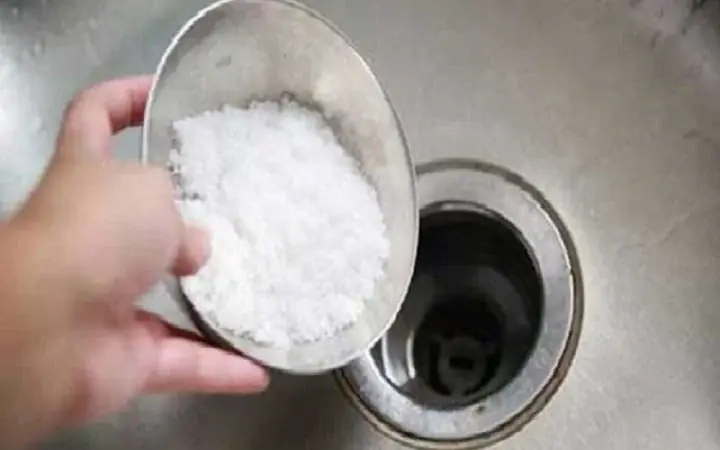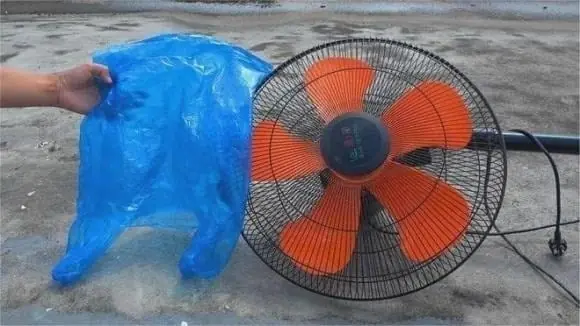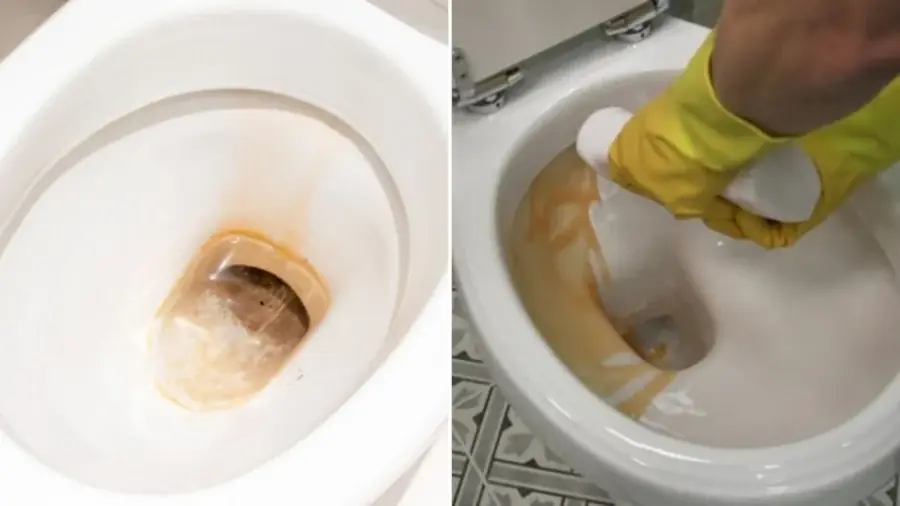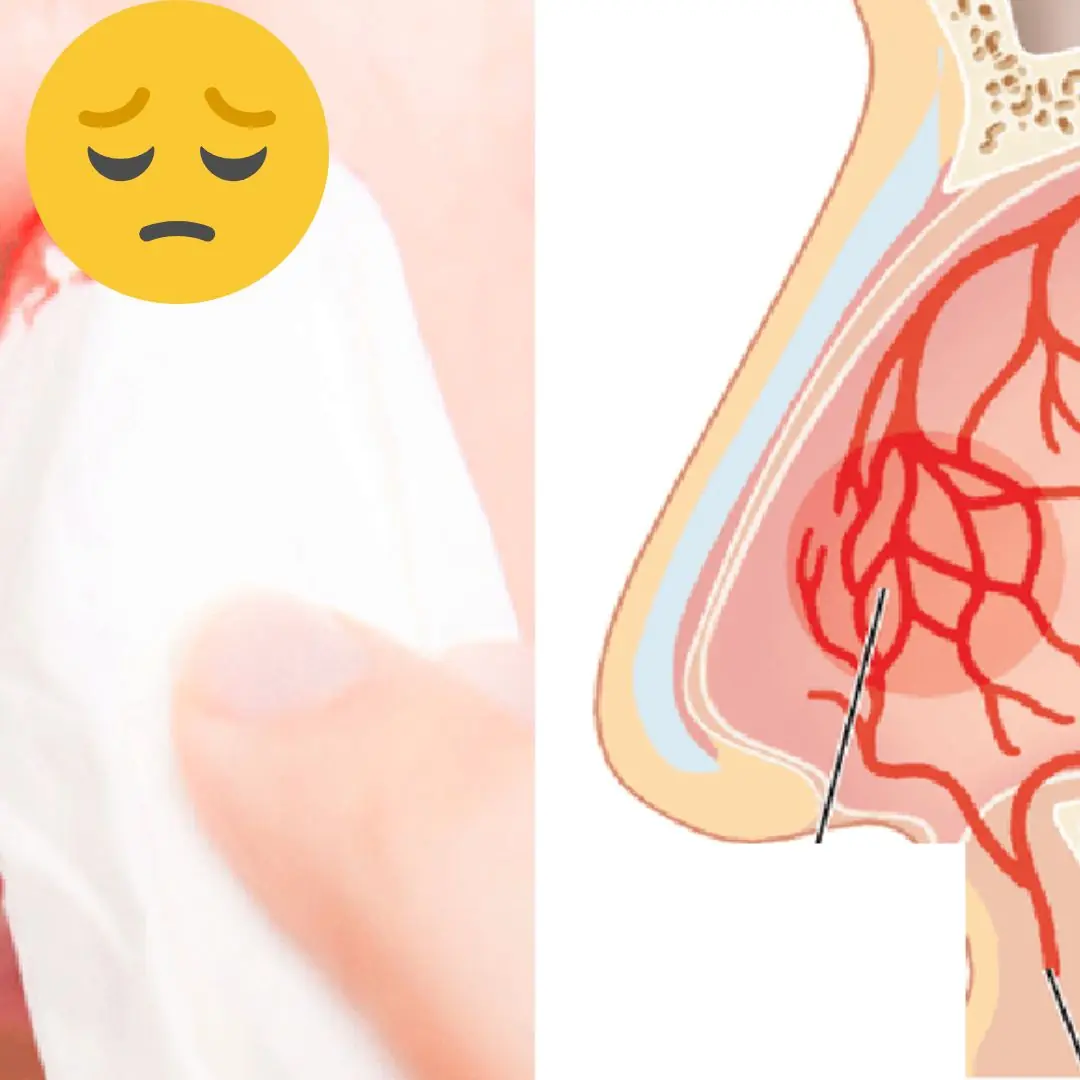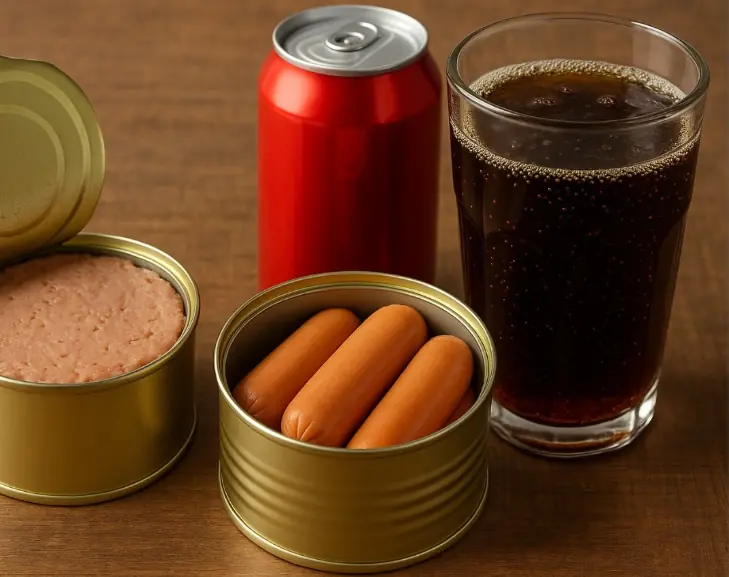Mistakes When Using Water Heaters That Can Skyrocket Winter Electricity Bills
As winter arrives, the demand for water heaters increases significantly. However, certain common mistakes in using water heaters can cause electricity bills to soar during the colder months.
Why Do Water Heaters Consume So Much Energy?
Water heaters are household appliances that consume a considerable amount of electricity. The primary reasons include:
- Operating Principle: Water heaters operate continuously to maintain water temperature at the set level.
- High Power Consumption: To heat a large volume of water, water heaters require significant power.
- Extended Usage Time: During winter, the increased demand for hot water means longer operating times for water heaters.
Common Mistakes When Using Water Heaters
-
Leaving the Water Heater On All Day
Many people keep their water heaters on throughout the day so that hot water is always available. However, this is one of the biggest mistakes, leading to a dramatic increase in electricity bills. When the water heater runs continuously, it consumes a large amount of electricity, even when not in use. -
Setting the Temperature Too High
Setting the temperature excessively high forces the water heater to work harder to maintain that temperature, resulting in higher energy consumption. -
Neglecting Regular Maintenance
Over time, limescale builds up inside the water heater, reducing its heating efficiency. This causes the heater to work harder and consume more energy to achieve the desired temperature. -
Choosing the Wrong Power Capacity
Using a water heater with a capacity that exceeds the household's needs can lead to unnecessary energy waste. -
Using an Outdated Water Heater
Older water heaters tend to be less efficient, prone to malfunctions, and consume more electricity compared to newer models.
How to Address These Mistakes
-
Turn the Water Heater On Only When Needed
Switch on the water heater just before use and turn it off immediately afterward. -
Set an Appropriate Temperature
Maintain the temperature at a moderate level, around 50–60°C (122–140°F). -
Clean the Water Heater Regularly
Periodically clean the water heater to remove limescale and ensure optimal performance. -
Choose a Water Heater with Suitable Power Capacity
Select a water heater with a capacity that matches your family's usage requirements. -
Replace Old Water Heaters
If your water heater is outdated, consider replacing it with a newer model to save energy and enhance safety.
Additional Tips to Save Electricity When Using Water Heaters
-
Use Water-Saving Showerheads
A water-saving showerhead can reduce the amount of water that needs to be heated, lowering energy consumption. -
Take Shorter Showers
Shorter showers reduce the time hot water is needed, conserving both water and electricity. -
Use a Hot Water Storage Tank
A storage tank for hot water can help reduce the frequency of turning the water heater on and off, thereby saving electricity.
By using water heaters wisely, you can significantly reduce your electricity bills while still enjoying the convenience of hot water during winter. Implementing the tips above will help you avoid common mistakes and make the most of your water heater.
